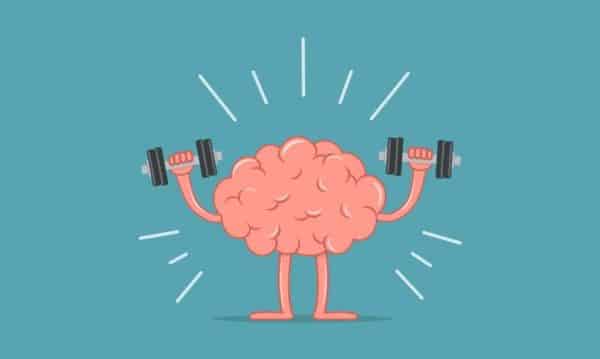As conversations around mental health flourish, the connection between physical fitness and mental well-being continues to gain more research and furthered importance. Research has begun to show what many of us already feel; physical activity is an undeniable tool to counteract stress and drive away mental health detriments. Let’s explore how regular exercise fortifies mental resilience and contributes to a healthier mindset.
Understanding the Link:
Research reveals a direct correlation between physical fitness and mental health. Studies show that even 150 minutes a week of modest to vigorous physical exercise can reduce chronic diseases by 20-30%, including prolonged anxiety and depression.
Mood Enhancement:
Exercise triggers the release of endorphins, neurotransmitters responsible for mood elevation. Individuals who engage in aerobic activities experience an immediate improvement in mood, reducing symptoms of stress and promoting feelings of well-being.
Stress Reduction and Cognitive Benefits:
Regular exercise not only mitigates stress but also enhances cognitive function. Individuals report focus and clarity after physical activity, attributed to increased blood flow to the brain and the growth of new neurons. Furthermore, Studies show that physical activity can even reduce cognitive decline over time, even lessen the risk of diseases such as dementia.
Community and Support:
Engaging in physical fitness fosters a sense of community, with many finding emotional support through group exercise or sports activities. These connections provide a valuable source of encouragement and an overall sense of belonging.
Empowerment and Confidence:
Setting and achieving fitness goals can boost self-image and confidence. Individuals who achieve their fitness milestones report greater self-esteem and a more positive outlook on life. Research shows that “affective dimensions of physical exercise and social integration and belonging are fundamental to addressing global public health challenges of physical inactivity and social isolation or loneliness.”
Conclusion:
The evidence is clear: physical fitness is a catalyst for mental health resilience. By incorporating regular exercise into our routines, we can uplift our mood, reduce stress, and cultivate a supportive community that empowers us to thrive mentally and physically.



